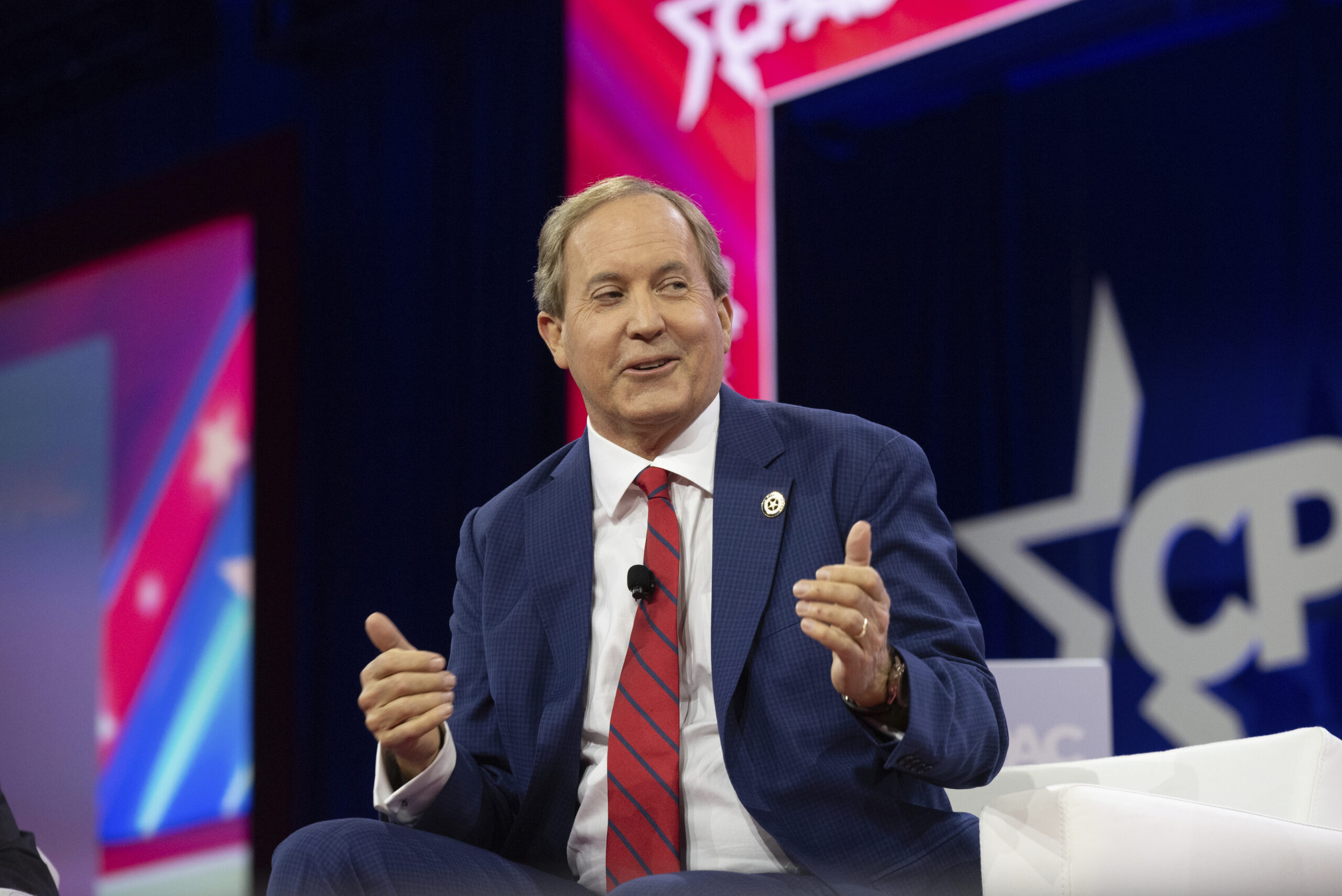Want Not: Homeless Vet Ticketed for Looking for Food, Houston City Council Okay With That
Pop quiz. Which is worse: A) someone starving to death, or B) littering?
If you answered B), you might want to run for Houston city council.
In March, a Houston police officer ticketed a homeless man for digging through trash in search of food. James Kelly, a 44-year-old Navy veteran, was cited for “disturbing the contents of a garbage can in [the] downtown business district.” The rule cited was a 70-year-old anti-scavenging statute that’s been revised over the decades to expand the types of containers protected from, in the law’s original language, “molesting.”
HPD defended the ticket at first, explaining in a statement, “It is a violation for anyone to remove any contents … placed for collection of garbage, trash or recyclable material. An officer has probable cause to issue such a citation when a person is seen opening a lid and rummaging through contents of a dumpster or trash can.”
But then the story went viral. Media outlets from Fox News to the Huffington Post ran indignant squibs about the ticket. That’s when HPD clarified that Kelly wasn’t cited for trying to feed himself but for littering. “It’s not officers being inhumane,” Houston Police Officers’ Union President Ray Hunt told the Houston Chronicle. “It’s police officers responding to citizens’ complaints about someone removing garbage from their garbage can and leaving it on the ground. It’s creating a mess.”
Hunt said officers wouldn’t ticket someone just for removing food, although, according to the citation itself and the original HPD statement, Kelly was cited not for littering or for removing food but for having given an officer probable cause to believe he might remove food.
Still, police don’t make the laws. The Houston city council makes the laws that govern where and how their 40,000 homeless constituents can, or rather cannot, eat. Last April, over strenuous community objection, the city council passed an ordinance that banned giving food to more than five needy people at once without written permission from the property owner. On public property, that means getting permission from the city.
Mind you, businesses don’t need permission to host a picnic in the park. The statute only applies to “charitable” food service “to benefit those in need.” Originally, the statute included provisions about safe food handling and was presented as protection for the homeless against food poisoning, though the city never offered proof that this was actually a problem. During the month-long debate that followed, all the food-safety elements were stripped away, and though city laws already forbade trespassing and littering, the new ordinance passed, stipulating a $500 fine for violators.
After the fracas over James Kelly’s ticket, Houston mayor Annise Parker asked the city council to repeal the anti-scavenging statute. They balked, so she asked that they repeal part of it, then that they repeal only the part that applied specifically to what Kelly was cited for: picking through a public trash can.
The city eventually dismissed Kelly’s ticket. But at press time, the council was still debating whether to change anything at all about the rule that made his search for food a crime.


